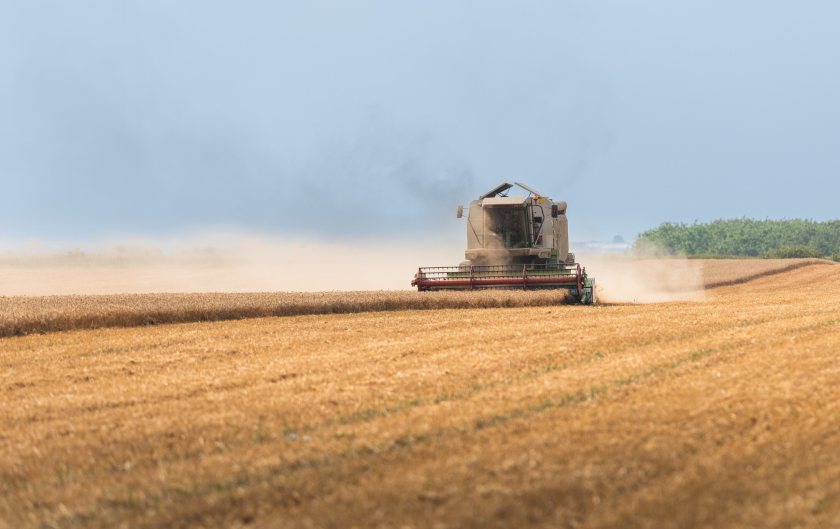Westminster to hear farming blueprint to produce 'more from less'

Westminster is set to hear a radical new agenda for UK farming – aiming to increase food production by 30% while halving agriculture’s environmental footprint by 2050.
Policymakers, scientists and industry leaders will gather in November for the 30:50:50 Agri-Science Summit, hosted by the All-Party Parliamentary Group on Science and Technology in Agriculture (APPGSTA).
The event, chaired by former UK Science Minister George Freeman MP, marks the conclusion of a 10-month inquiry into how science and innovation can reshape the future of British farming.
The APPGSTA says the government must adopt a bold new strategy to boost food output. Its ‘30:50:50 vision’ calls for domestic production to rise by 30% by 2050 while cutting farming’s environmental footprint by half.
MPs argue that Britain is “well-placed” to meet these targets thanks to good soils, a temperate climate, a professional farming sector and a world-class agri-science base.
But they also warn of rising dependence on imports, with wheat now at its highest level in 30 years and the UK on course to produce just 15% of its vegetable oil requirements this year – down from around 40% a decade ago.
At the centre of the 3 November summit will be the group’s final report, based on evidence from more than 100 organisations and individuals.
It follows the launch of the 30:50:50 agenda earlier this year, which set out an ambitious vision for growth in food production alongside major cuts in farming’s environmental footprint.
The framework has been praised for offering a simple, long-term structure for future farming policy, attracting strong industry engagement and positive media coverage.
In recent months, the APPG has gathered evidence from farmers, researchers and agri-science leaders across the UK.
Key challenges identified include slowing productivity growth, the loss of farmland, reliance on imports and regulatory systems that are seen as over-precautionary and under-resourced.
Witnesses also raised concerns that the UK’s world-class research base is not being translated into practical farm-level productivity gains.
George Freeman said the urgency of food security and sustainability required “clear, long-term objectives” to help farmers produce “more from less”.
He argued that Britain’s natural advantages, from good soils to a strong farming sector, gave it the tools to lead in sustainable production.
But he cautioned that “UK agriculture today lacks clarity and consistency about its purpose”. Current policies, he said, incentivise land being taken out of production, support lower-yielding practices and allow large-scale solar farms on productive land.
"Our over-precautionary and under-resourced regulatory processes are stifling access to farming innovations which are readily available to producers elsewhere," he said.
"And while our agricultural scientists remain global leaders in academic terms, their research is no longer translating into domestic productivity growth at the practical farm level.
"Our dependence on imports in some sectors, including fresh produce, vegetable oil and protein crops, is at record highs.”
As government prepares its new farming roadmap, food strategy and land use framework, Freeman said the 30:50:50 agenda offered “a coherent, outcomes-focused approach to reshaping food, agricultural and land use policies.”








